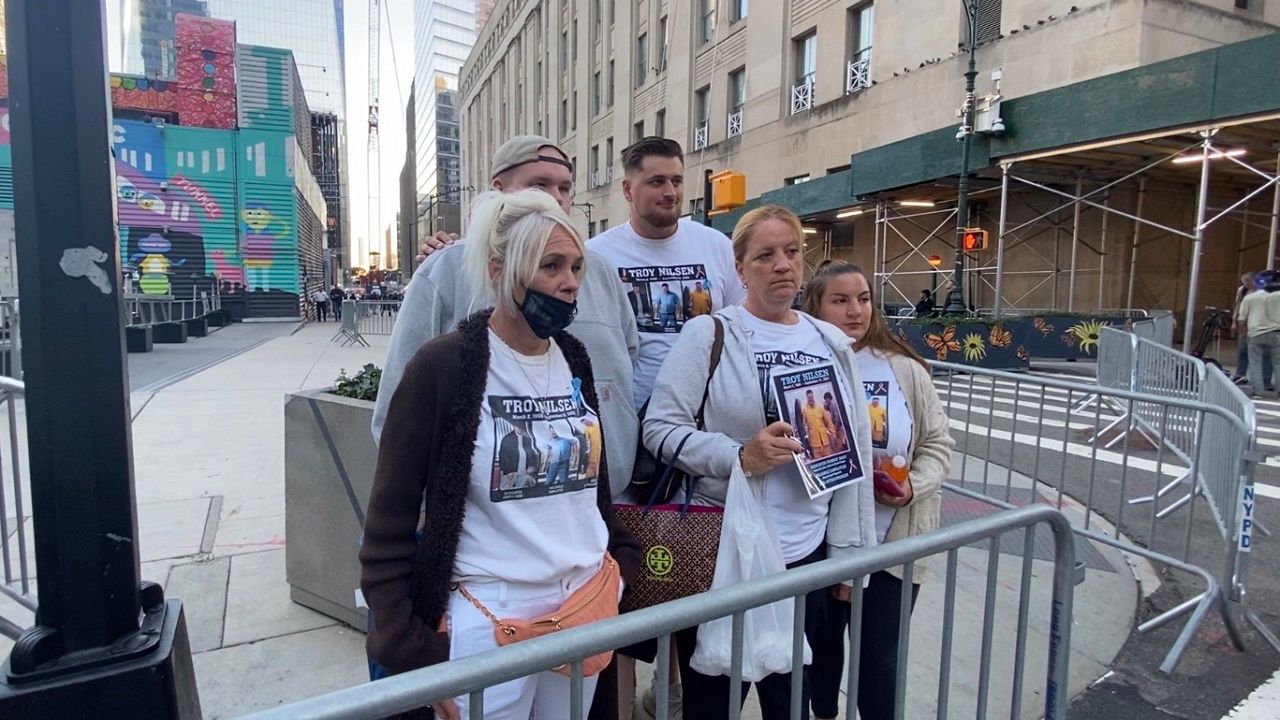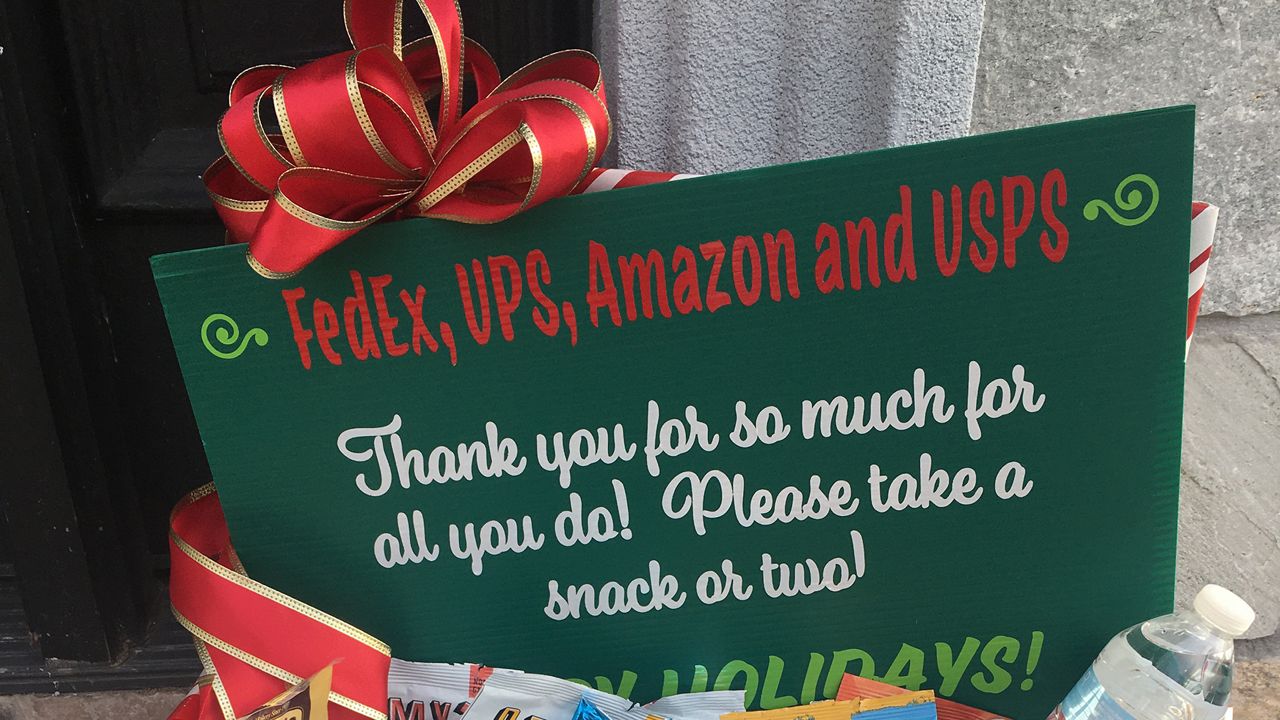At parks across the five boroughs, flowers are blooming with the help of city trash.
It all starts when garbage trucks pick up brown bins filled with food scraps and leaves.
Unlike other trash, which is sent to landfills outside the city, organic waste is brought to the old Fresh Kills landfill on Staten Island, where a city contractor turns it something useful.
"They take the yard waste and that goes to one side, and they take the food waste, which goes to another side," said Michael LeBlanc of Denali Water Solutions. "And then we compost both sides of that."
Food waste is first put through a machine called the Tiger, which is named as such because it roars quite loudly as it separates out plastic and other inorganic materials.
Then, the food waste and yard waste are laid out in separate mounds across a massive field, where they are left to decompose naturally.
The process is helped out bit when a machine called the windrow comes through twice a week and turns the piles, allowing more oxygen to interact with the decomposing trash.
Within three to six months, the material is rich with nutrients, ready to be mixed with soil.
"A lot of people add compost to soil to increase the nutrient value of it," LeBlanc said. "But compost all by itself is pretty fantastic stuff."
The Sanitation Department uses the food-waste compost as a topsoil at Fresh Kills for the massive park being created there.
The yard-waste compost is bagged and given away to residents and public institutions, like the College of Staten Island, where gardeners use it rather than the store-bought stuff to help make their soil perfect for growing plants.
"It's organic, first of all, and it comes right here to Staten Island," said Nora Santiago of the College of Staten Island's Sustainability Club. "So we might as well use what we have."
It's all part of the Sanitation Department's efforts to become more sustainable and to decrease the amount of material going to landfills. This year, the department expects to distribute 100,000 bags of compost, the most ever.
The Sanitation Department wants this program to keep on growing, which is why it's encouraging people to set aside their food waste and their yard waste for compost.
For more information, go to www.makecompost.nyc.





_Pkg_PU_EMT_CG)


